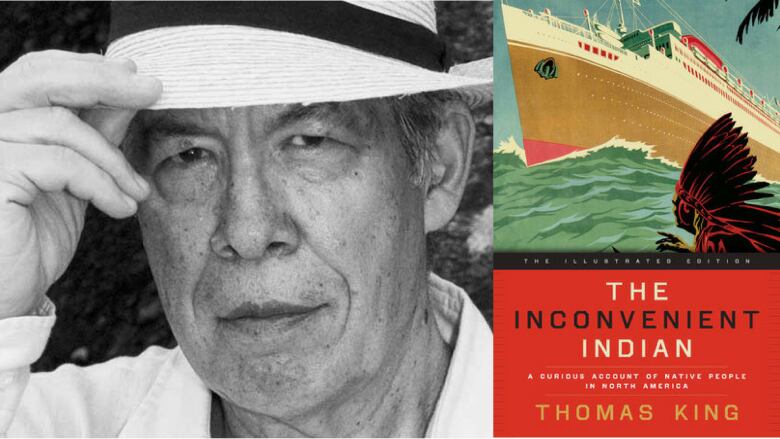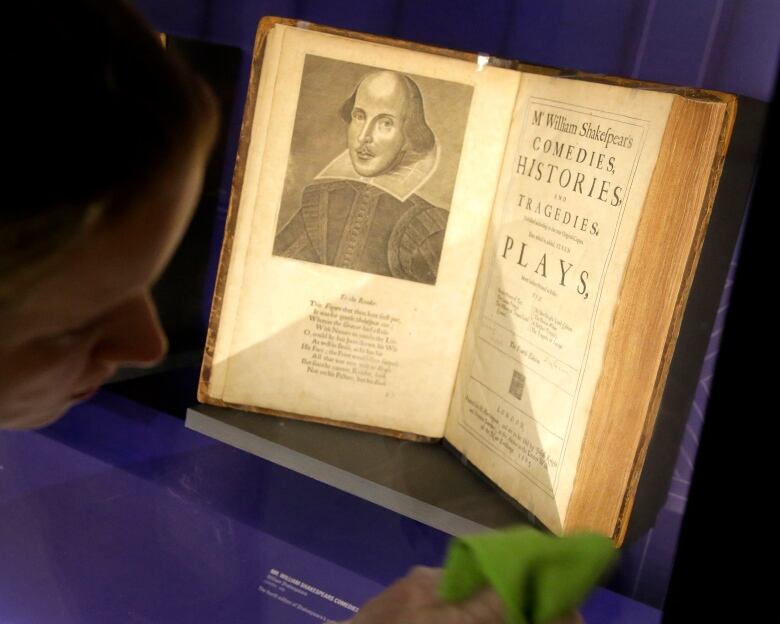Shakespeare swap-out? K-W area schools not following Lambton lead
Lambton county school board replaces Grade 11 English course with all Indigenous writers

Alas and farewell toRomeo and Juliet, hail and welcome The Back of the Turtle.
Starting this autumn, Grade 11 students in the Lambton Kent District School Board which includes Sarnia and Chatham will take a mandatory English course focusing on Indigenous writers and playwrights rather than a course with a mix of Canadian and American authors and the classicShakespeare.
- Ontario school board, First Nations team up to create course material
- Windsor, Ont. public schools improving Indigenous representation in curriculum
- 29 Indigenous writers honoured with $10K Indigenous Art Awards
The decision came after both teachers and students said they enjoyed a recentoptional course the school board offered, board superintendent of education Mark Sherman said. The new course will be mandatory in all 12 of the board's high schools this fall, he said.
"The teachers loved it. They said, 'This is great. This is current. It's Canadian content. It meets all the same curriculum tags,'" he said.
The students still must read, research, write and make presentationsbut they will also "delve into wonderful Indigenous writers that we have in this country and also, Indigenous issues," Sherman said.
Board drops bard
It made sense for the board to drop the Bard because there are four First Nations communities in the board's catchment area. The board also receives money to offerthe course to students.
But above all, Sherman said, the topics covered by Indigenous writers are often ones students hear about and want to learn more about.
"Sure, it's a heavy topic, residential schools, but high school students, they have curious minds. They see about it on the news and they want to know about it and what better time to get them into Canadian topics," Sherman said.

School boards in the Kitchener-Waterloo area, however, don't plan immediately to take up the substitutecontent.
CBC News contacted four local school boards Waterloo Region District School Board, Waterloo Catholic District School Board, Wellington Catholic District School Board and the Upper Grand District School Board and none said they plan to change their Grade 11 English course over to exclusively Indigenous authors.
They're already looking beyond Shakespeare for a number of course materials.- Nick Manning, spokesman, Waterloo Region District School Board
Brian Capovilla, superintendent of education for Wellington Catholic District School Board, said they have a comprehensive plan for Indigenous education.
"Our plan includes professional development opportunities for staff to enhance curriculum by incorporating Indigenous perspectives and teachings," he said in an email. "The change to the content of our English courses ... is not part of our current plan."
Nick Manning, spokesman for theWaterloo Region District School Board, said teachers are already encouragedto look for alternate sources of literature, and this includes works that cover Indigenous and LGBTQ issues.
"They're already looking beyond Shakespeare for a number of course materials," Manning said.
The province's Ministry of Education is planning to roll out a new curriculum, updating the last one that was approved in 2000. Boards have received draft copies, which were released for comment in 2015 and 2016.












_(720p).jpg)


 OFFICIAL HD MUSIC VIDEO.jpg)
.jpg)



























































































